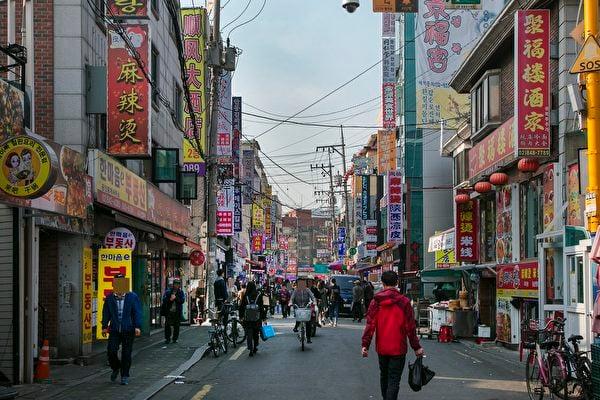South Korea has recently raised its investment immigration threshold in response to an observed skewing of the proportion of Chinese immigrants gaining residency. The decision follows concerns related to voting rights granted to Chinese permanent residents in South Korean local elections, rights that aren’t reciprocated for Koreans in China.
The imbalance has led to accusations of unfairness and concerns that South Korea’s voting system may be susceptible to manipulation by the Chinese Communist Party (CCP). The situation has been further inflamed by a Chinese ambassador’s speech that was perceived as interfering in South Korean internal affairs and straining the relationship between the two countries.





